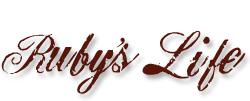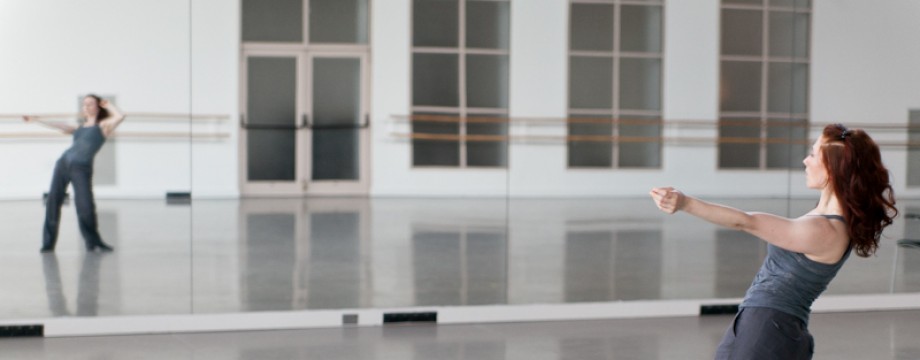Why are so many bios written in the third person? Especially in a small world like the Blues Dance community? Everybody knows that unless you are a big enough wig to get a press agent, you are writing your own bio. I’m pretty sure that I’ve never personally encountered a dance instructor who has a press agent. Well, maybe Mario Robau does. If he doesn’t, he should have one.
So why do we write them in the third person? To lend an air of expertise? To pretend we have press agents?
Remember, a bio is a paragraph that sums up your professional life. It’s designed to give the reader a snapshot of who you are and your qualifications. It doesn’t have to be funny or include all your awards and accolades.
The worst thing about artsy bios is when the artist ads something unrelated at the end like, “Ms. Muffin is also a fan of the TV series Dexter and likes to chop wood,” or, “Joella is a champion for people everywhere to learn and appreciate the art of dance and is grateful to be able to do this for a living.”
I’ve only ever encountered a few well-written bios with extraneous information that added to the overall value of the paragraph.
How to write a good bio.
I won’t claim that my bio is the best. I’m still figuring out what works for me. The problem is that my ego is involved in my bio and I can’t separate what I think is awesome about me from what other people think is relevant. But, when I read other bios, I can be pretty objective about what kind of information I’m looking for. Try to answer these questions, O press agents:
- From where does the artist hail?
- What are the artist’s major disciplines? Is she a full time dance teacher, or does she also teach science at a university? Is he a graphic designer and potter on the side?
- Did the instructor train in a formal or informal setting? For example, at a big university, under someone’s specific tutelage for a long period of time, or through a random application of national workshops? I don’t value any of these things over the other, it just helps me to know what kind of learning they did.
- Has the person worked with anyone else in the field of note or that I might know?
- Are they mainly rooted to one city or do they travel a lot? Both confer a different and interesting perspective.
- Are there any other RELEVANT activities that inform the artist’s activity? Dancers who study martial arts for example, are listing a relevant activity. Dancers who also like to crochet are not listing a relevant activity unless they’re prepared to hold forth on the commonalities between the dance of the needles and partner dance.
Perhaps it’s time we hired press agents.


